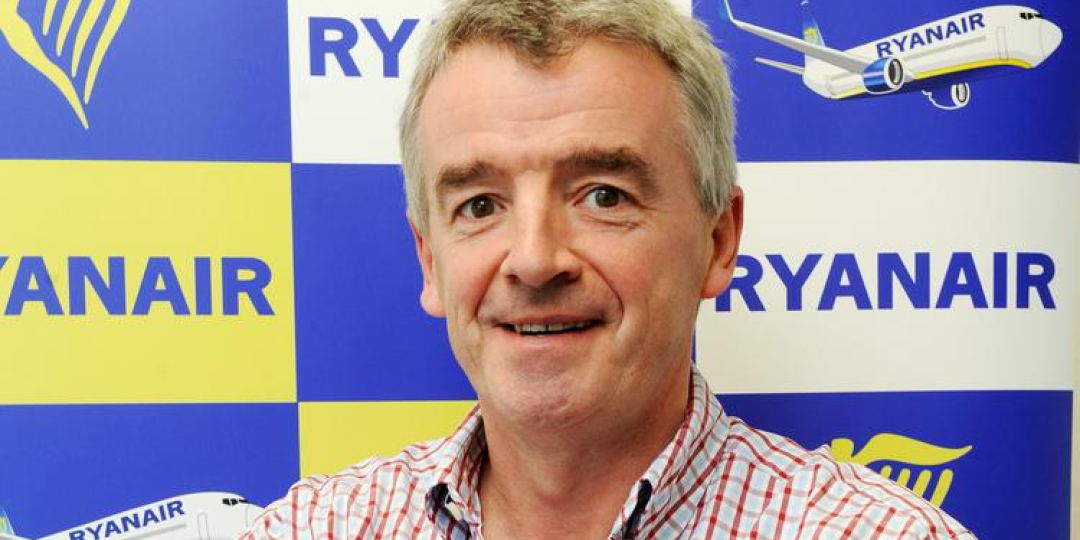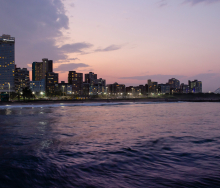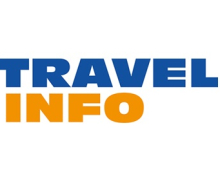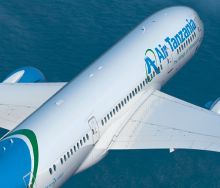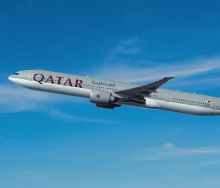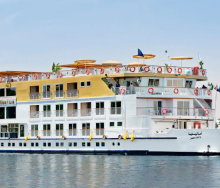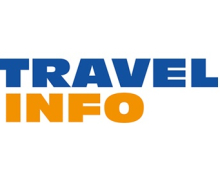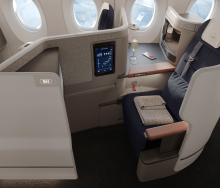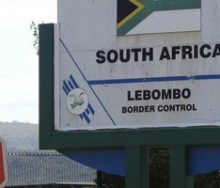Low-cost carrier Ryanair has told the BBC that it had no intention of stopping its requirement for South African passengers heading to and from the UK and Ireland on a Ryanair flight to take an Afrikaans test in order to board.
Needless to say, this approach by Michael O’Leary, Ryanair’s CEO, which has been labelled “tone-deaf,” unleashed a storm of criticism from many quarters, the mildest of which has come from South Africa’s own Department of Home Affairs.
Ryanair’s contention is that it requires all South African passport holders to prove their nationality. The airline says it’s a high prevalence of fraudulent South African passports that is behind the requirement for the test.
This criticism included a piece in The Irish Times, penned last week by a previous South African Ambassador to Ireland, Melanie Verwoerd.
She writes of the Soweto uprising in 1976: “What sparked the protests was a decree by the apartheid government that all students should be taught in Afrikaans – generally regarded as the language of the oppressor and deeply hated…This has deeply offensive racial and colonial undertones, which even for Ryanair, is way off the mark,” she said. She added that whoever had given Ryanair the advice that Afrikaans was one of the most prevalent languages of the 11 official tongues of South Africa, had given the airline “the worst possible advice”.
Despite the exposure of the fact that Afrikaans is spoken by only 12% of the country’s estimated 60 million people, and that is only one section of the white minority, and the fact that Afrikaans is a politically charged issue among the black majority, Ryanair has remained unmoved, and is keeping its rule in place. A spokesperson has said that fliers who failed to answer the questions would be refused travel and issued with a full refund.
The UK High Commission in South Africa said last week that the Ryanair Afrikaans test was not a British government requirement to enter the UK.
A mild statement to British press, alleged to be from the SA Department of Home Affairs, appeared to indicate that the Department believed the issue to be about the look and feel of the passport documents themselves, not about the fact that a test in Afrikaans was being thrust upon its citizens. "We are taken aback by the decision of this airline because the department regularly communicates with all airlines to update them on how to validate South African passports, including the look and feel."
